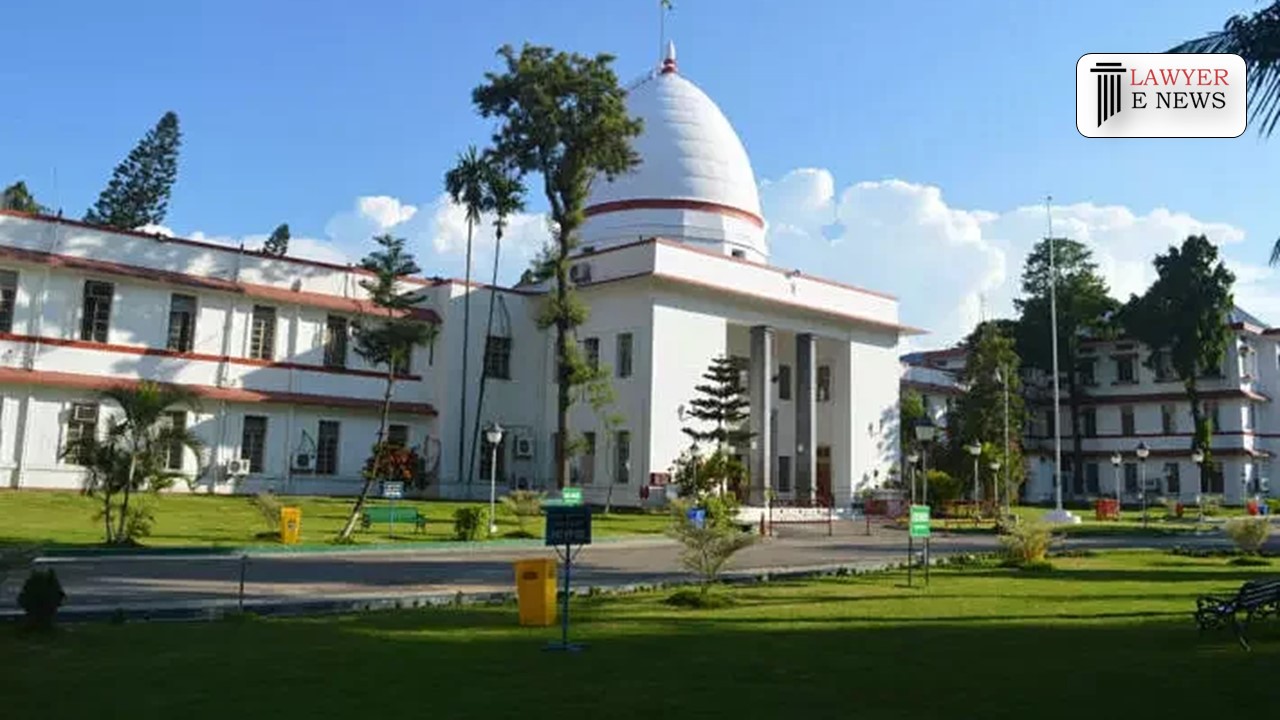-
by Admin
15 February 2026 5:35 AM



In a significant judgment, the Gauhati High Court acquitted Mohan Kumar, previously convicted for the murder of Padma Kumari and inflicting grievous injury on Binod Kumar. The bench comprising Hon’ble Mr. Justice Michael Zothankhuma and Hon’ble Mrs. Justice Malasri Nandi overturned the earlier verdict, emphasizing the importance of conclusive circumstantial evidence in criminal cases.
The court observed, “To convict an accused on the basis of circumstantial evidence, the prosecution must prove beyond reasonable doubt each of incriminating circumstances on which it proposes to rely.” This observation came as the linchpin in Kumar’s acquittal, spotlighting the gaps in the prosecution’s case based on circumstantial evidence.
Mohan Kumar was initially convicted under Sections 302 and 326 of the Indian Penal Code by the learned Sessions Judge, Baksa. He was sentenced to life imprisonment with additional fines. However, his appeal to the Gauhati High Court brought forth significant inconsistencies and gaps in the prosecution’s narrative.
The judgment highlighted the lack of eye-witness testimony and the discrepancies in the statements of the prosecution witnesses. Most notably, the court pointed out the investigative lapses, such as the absence of a serological examination of the alleged murder weapon and the non-inclusion of Kumar’s signature on the seizure list.
In their pivotal judgment, the bench stated, “The circumstances relied upon must be of a definite tendency unerringly pointing towards accused’s guilt and must form a chain so far complete that there is no escape from conclusion that within all human probability it is accused and no one else who had committed the crime.”
Date of Judgment: 21st November 2023
MOHAN KUMAR VS THE STATE OF ASSAM AND ANR.
